Indigenous Governance Database
transparency
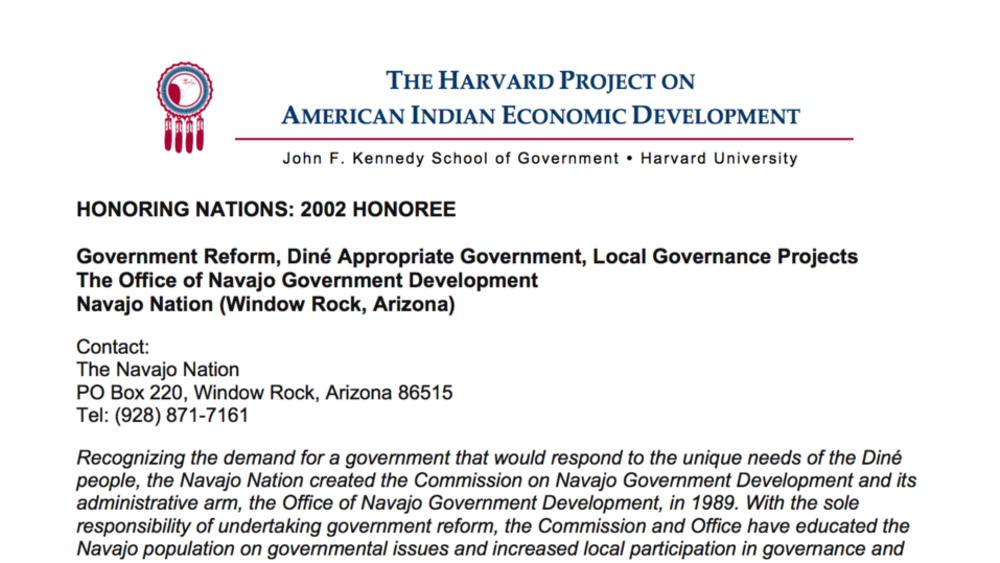
Diné (Navajo) Local Governance Projects
Formed in 1989 by the Navajo Nation Council, the Office of Navajo Government Development works with the Diné people and their elected leaders to conduct government reform, foster the incorporation of Navajo culture and tradition into the Navajo Nation Code, and facilitate the transference of…
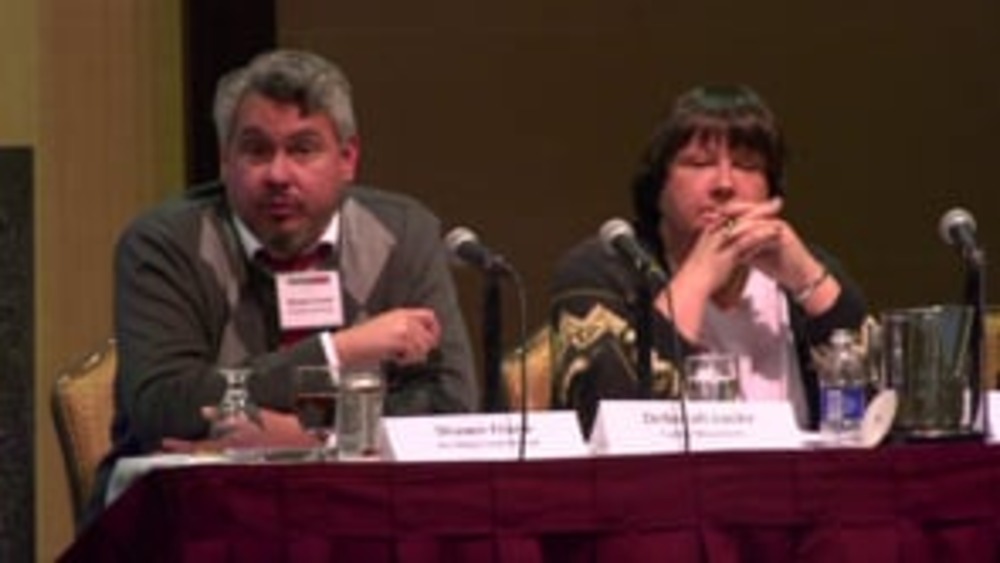
Shawn Frank: Disenrollment: Considerations of Process
Attorney Shawn Frank stresses the importance of Native nations ensuring that they establish and operate processes for disenrolling their citizens that is fair and transparent. He also offers some strategies that a Native nation can follow in order to create that fairness and transparency -- and…
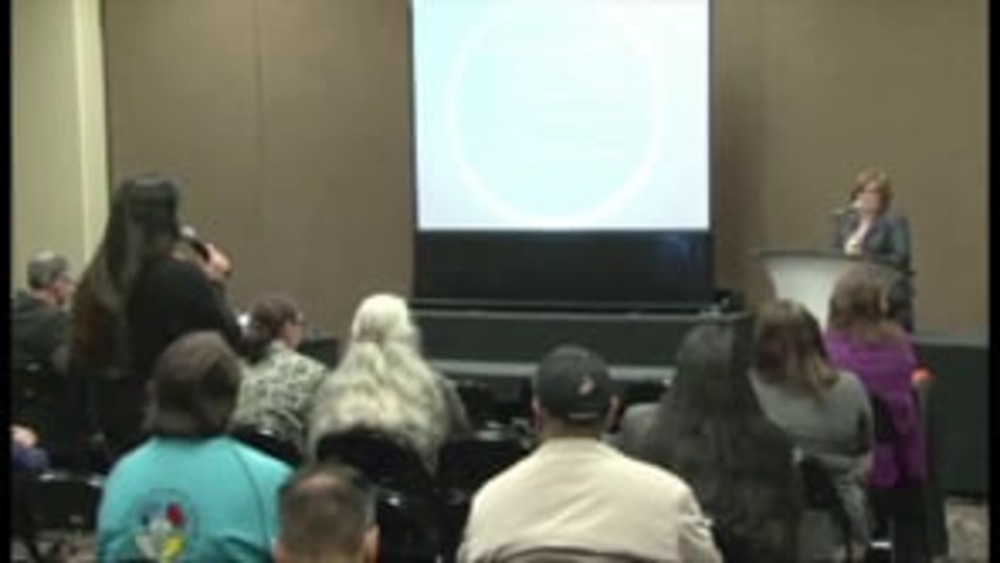
Jim Gray and Patricia Riggs: Citizen Engagement: The Key to Establishing and Sustaining Good Governance (Q&A)
Presenters Jim Gray and Patricia Riggs field questions from audience members about the approaches their nations took and are taking to engage their citizens and seed community-based, lasting change. In addition, session moderator Ian Record offers a quick overview of some effective citizen…
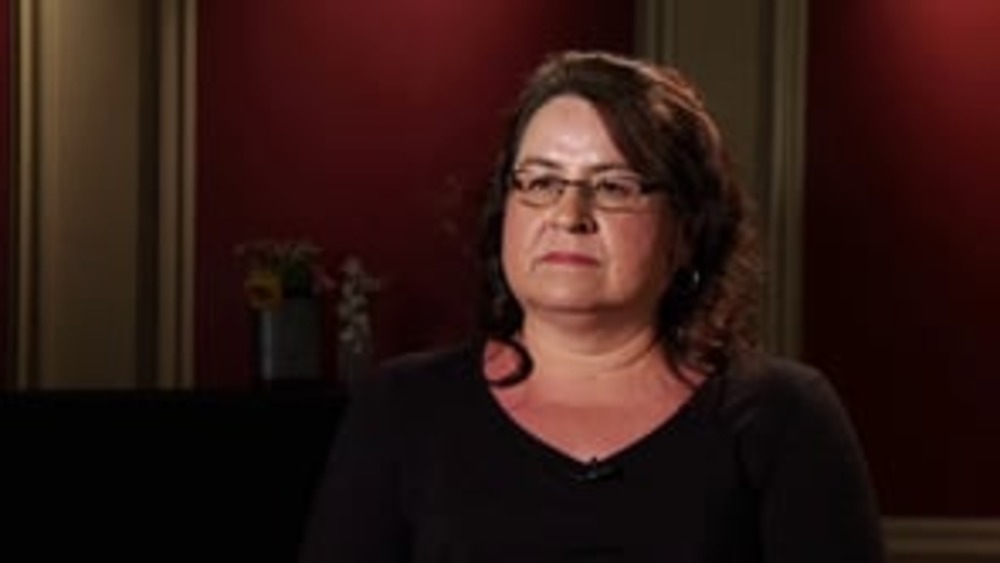
Brenda Child: The Red Lake Nation: Laying a Solid Foundation for Constitutional Reform
In this informative interview with NNI's Ian Record, Brenda Child, a member of the Red Lake Constitution Reform Initiative Committee, discusses how the Committee has worked methodically to set in place a solid foundation upon which to engage Red Lake citizens about the Red Lake constitution and…
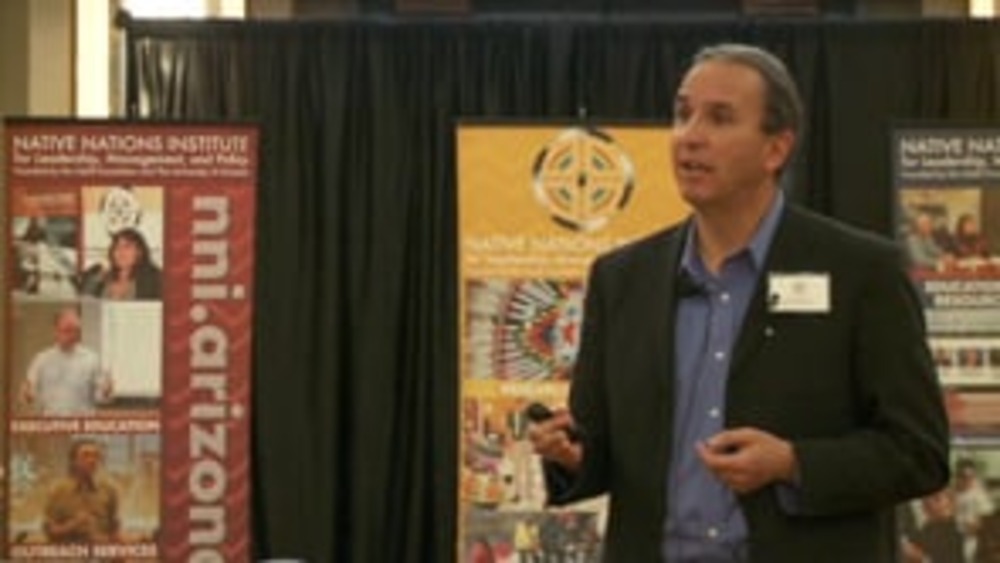
Terry Janis: Citizen Engagement and Constitutional Change at the White Earth Nation
Terry Janis (Oglala Lakota), former Project Manager of the White Earth Nation Constitution Reform Project, provides participants with a detailed overview of the multi-faceted approach to citizen engagement that the White Earth Nation followed as it worked to educate the White Earth people about the…
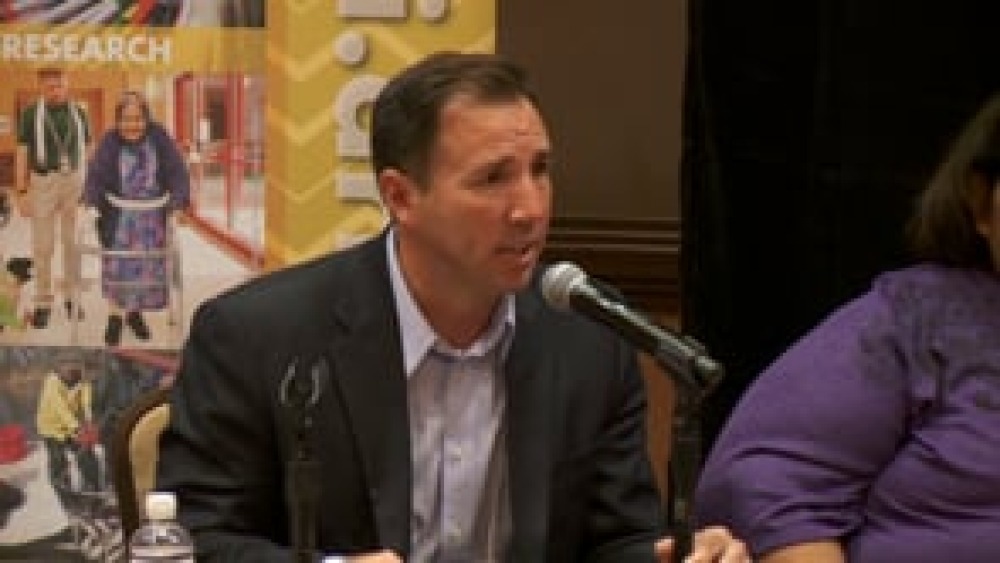
Catalina Alvarez and Robert McGhee: What I Wish I Knew Before I Took Office (Q&A)
Tribal leaders Catalina Alvarez (Pascua Yaqui Tribe) and Robert McGhee (Poarch Band of Creek Indians) field questions from seminar participants on an array of topics ranging from codes of ethics to creating mechanisms for transparent governance.
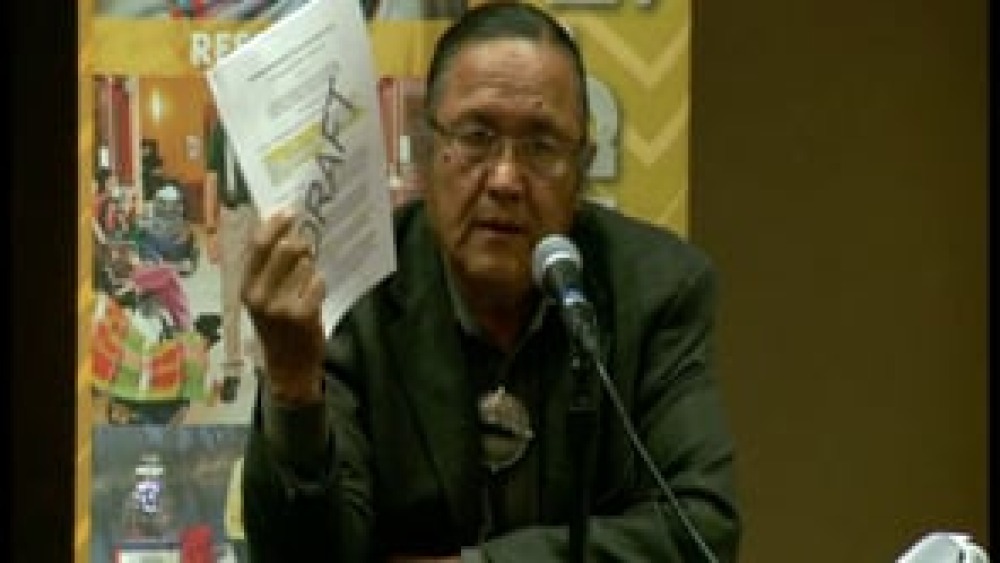
Robert Yazzie: Traditional Principles of Leadership
Former Chief Justice Robert Yazzie of the Navajo Nation Supreme Court provides an overview of the traditional Diné governance system and specifically the leadership principles that Diné leaders relied upon to make sound, informed, strategic decisions in consultation with and on behalf of…
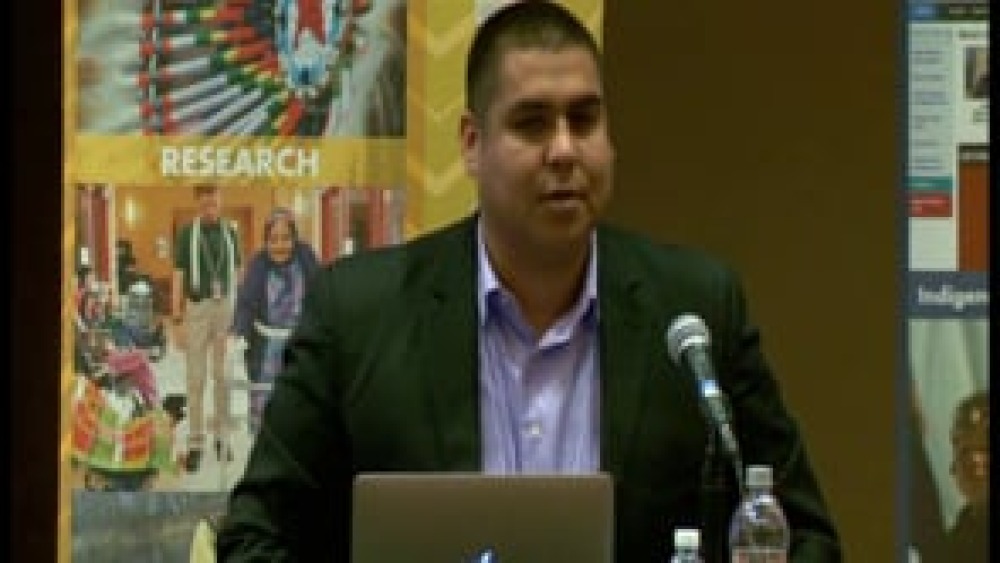
LeRoy Staples Fairbanks III: What I Wish I Knew Before I Took Office
Leroy Staples Fairbanks III, who serves on the Leech Lake Band of Ojibwe Council, discusses some of the hard stances he had to take in order to do his job well and also shares an overview of some of the major steps thatthe leech Lake Band has taken in order to govern more effectively and use its…
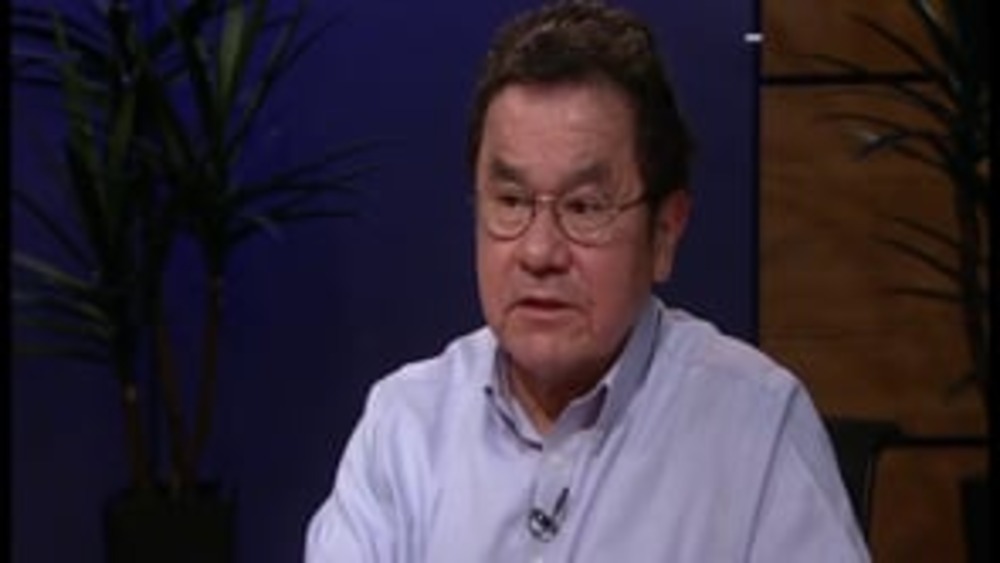
NNI Indigenous Leadership Fellow: John Petoskey (Part 1)
In the first of two interviews conducted in conjunction with his tenure as NNI Indigenous Leadership Fellow, John Petoskey, citizen and long-time General Counsel of the Grand Traverse Band of Ottawa and Chippewa Indians (GTB), discusses how GTB has worked and continues to work to build and maintain…
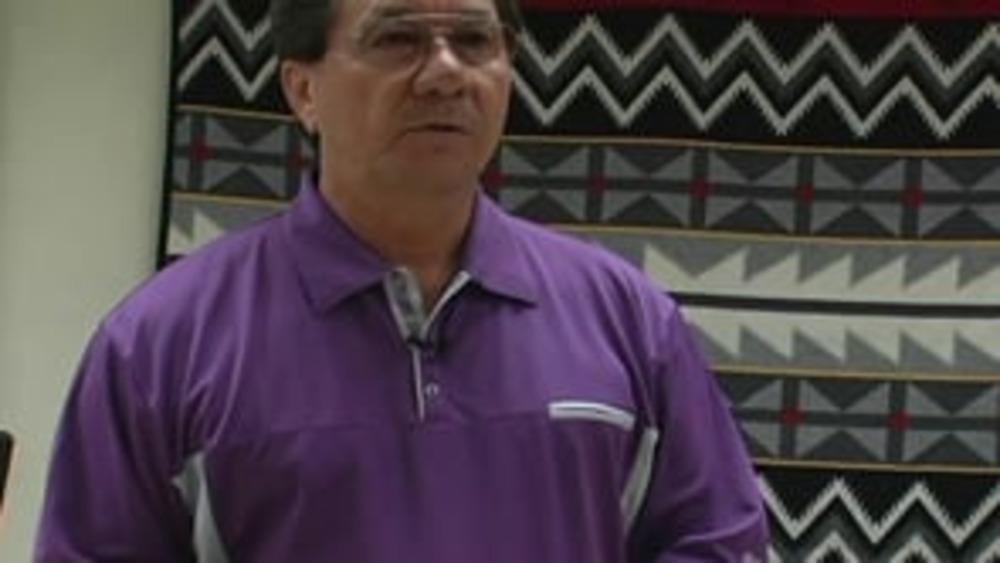
Michael K. Mitchell: A History of the Akwesasne Mohawk
Grand Chief Michael Mitchell of the Mohawk Council of Akwesasne offers students a broad overview of the governance history of the Akwesasne Mohawk and the efforts his people have made during his time in office to exercise true self-governance and rebuild their nation.
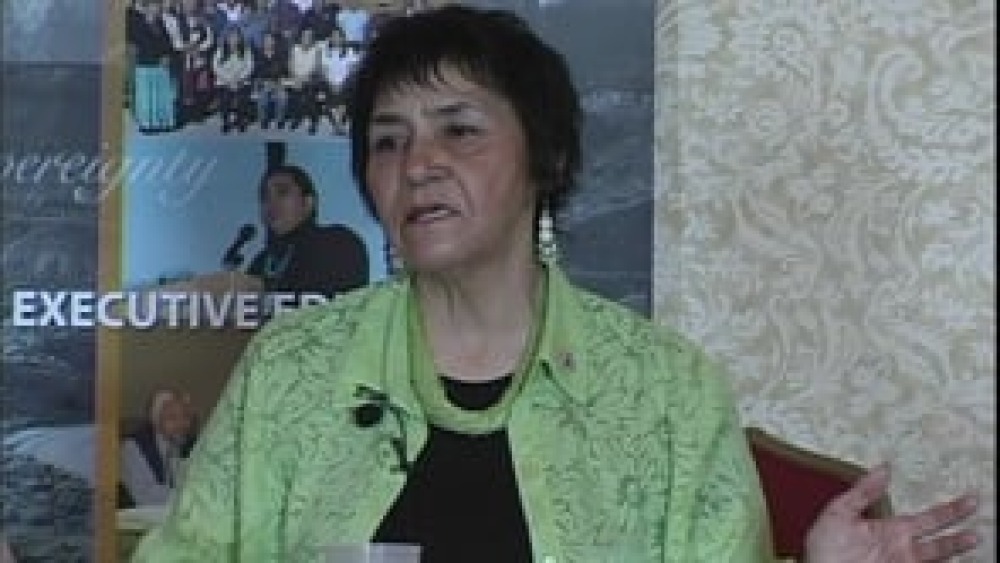
Erma Vizenor: Engaging the Nation's Citizens and Effecting Change: The White Earth Nation Story
White Earth Nation Chairwoman Erma Vizenor discusses some of the historical factors that eventually compelled her and her nation to undertake constitutional reform, and the issues her nation has encountered as they work to ratify a new constitution and governance system.
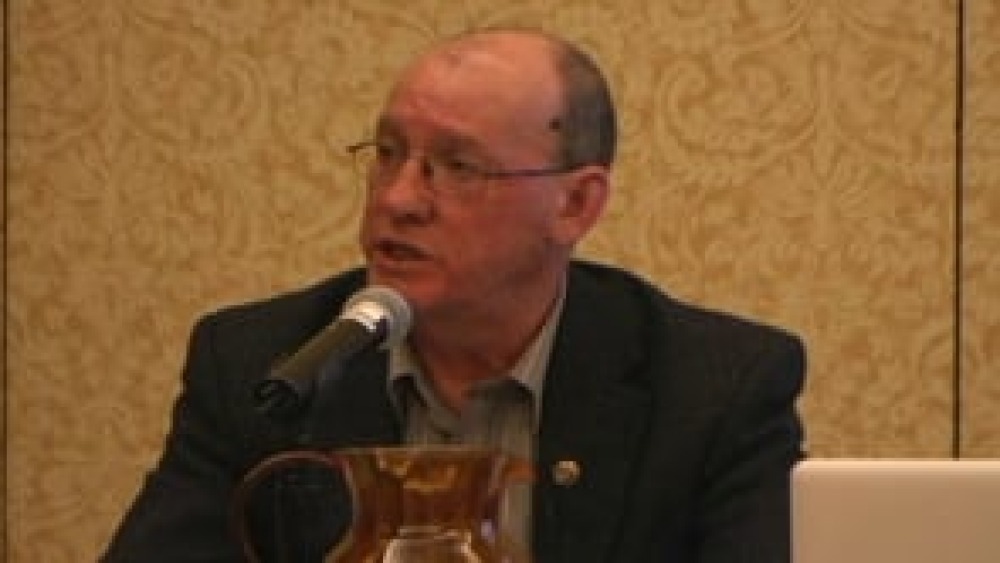
Terrance Paul: Building Sustainable Economies: Membertou First Nation
Chief Terrance Paul shares the keys to a sustainable economy through examples from the Membertou First Nation.
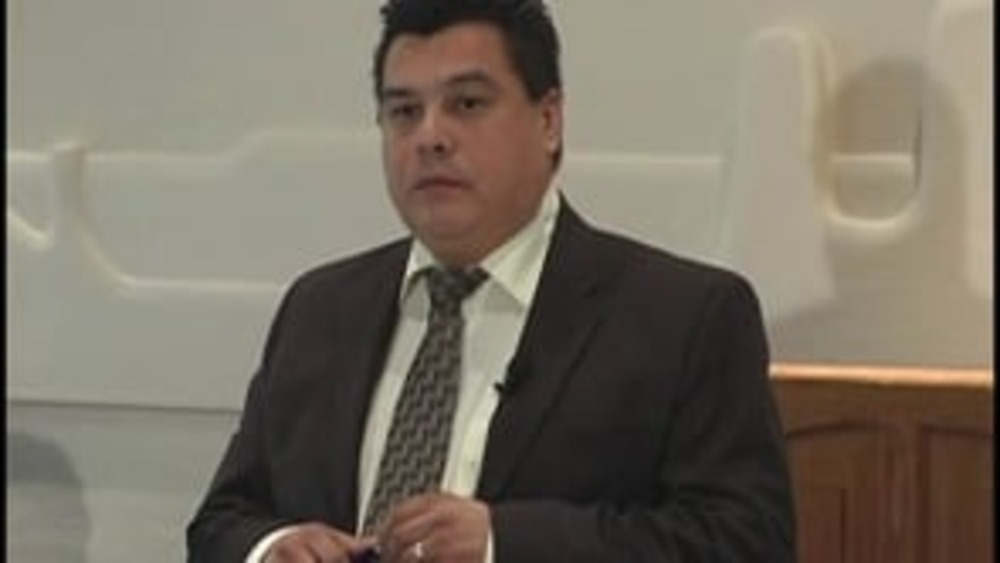
Brian Titus: Nation-Owned Enterprises: Osoyoos Indian Band Development Corporation
Osoyoos Indian Band Development Corporation (OIBDC) Chief Operating Officer Brian Titus provides an overview of OIBDC and the reasons for its success, notably the great lengths it goes to educate Osoyoos citizens about the corporation's activities and overall health.
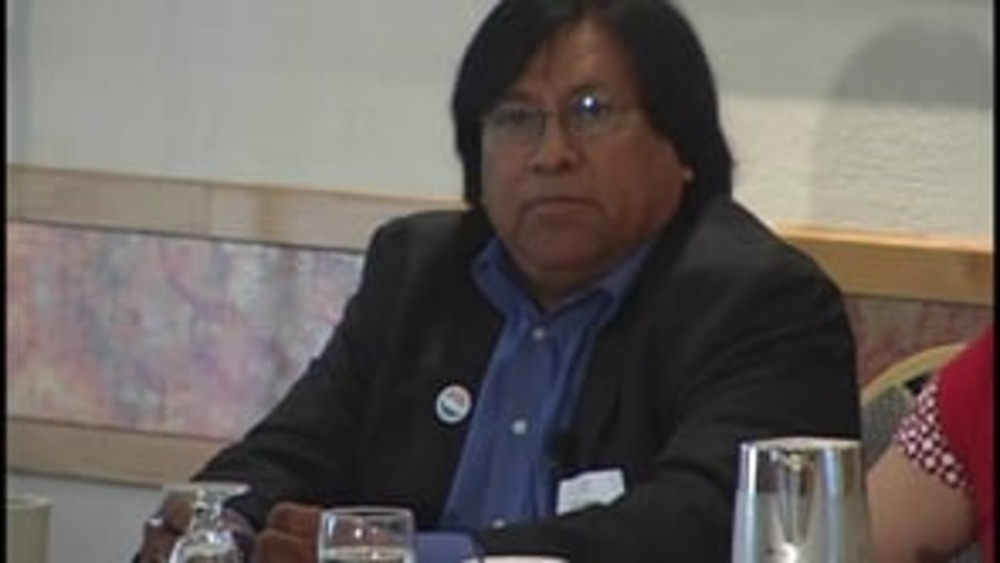
Cecil F. Antone: Nation-Owned Businesses: Gila River Telecommunications, Inc.
Former Gila River Indian Community Lieutenant Governor Cecil F. Antone provides an brief overview of the evolution and growth of Gila River Telecommunications, Inc. (GRTI), an enterprise of the Gila River Indian Community.
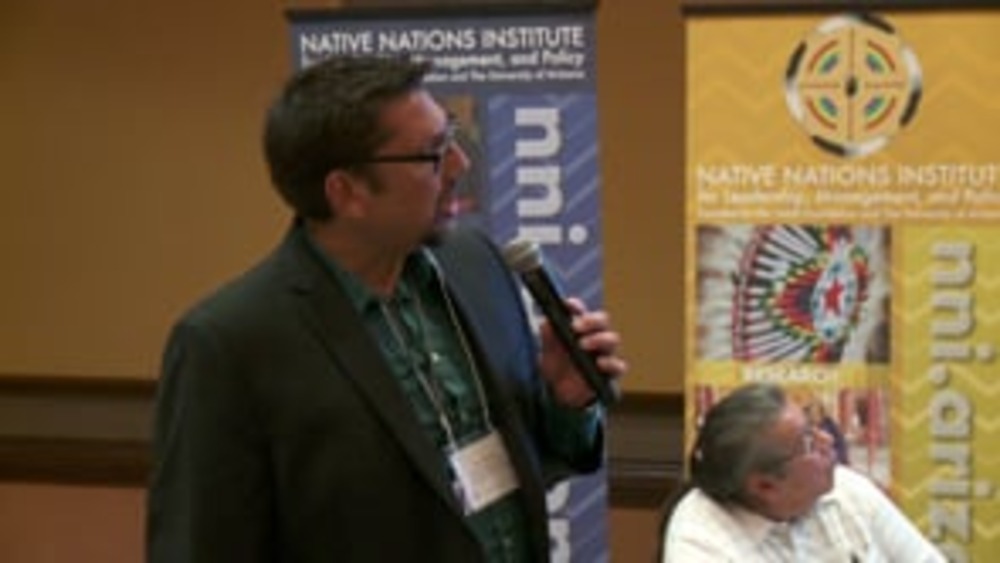
Robert McDonald: Engaging the Nation's Citizens and Effecting Change: The Salish and Kootenai Story
Confederated Salish and Kootenai Tribes (CSKT) Communications Director Robert McDonald discusses the challenges his nation faces when it comes to effectively educating and engaging its citizens -- particularly in the age of social media -- and what the nation is starting to do about it. He…
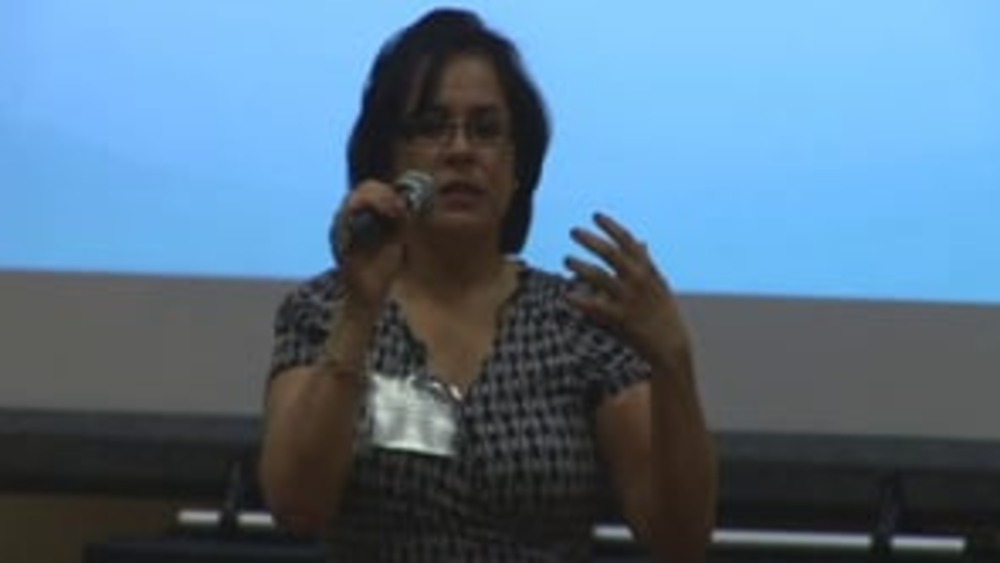
Herminia Frias: Engaging the Nation's Citizens and Effecting Change
Herminia Frias, former Chairwoman of the Pascua Yaqui Tribe, discusses the citizen engagement challenges she encountered when she took office as an elected leader of her nation, and shares some effective strategies that she used to engage her constituents and mobilize their participation in and…
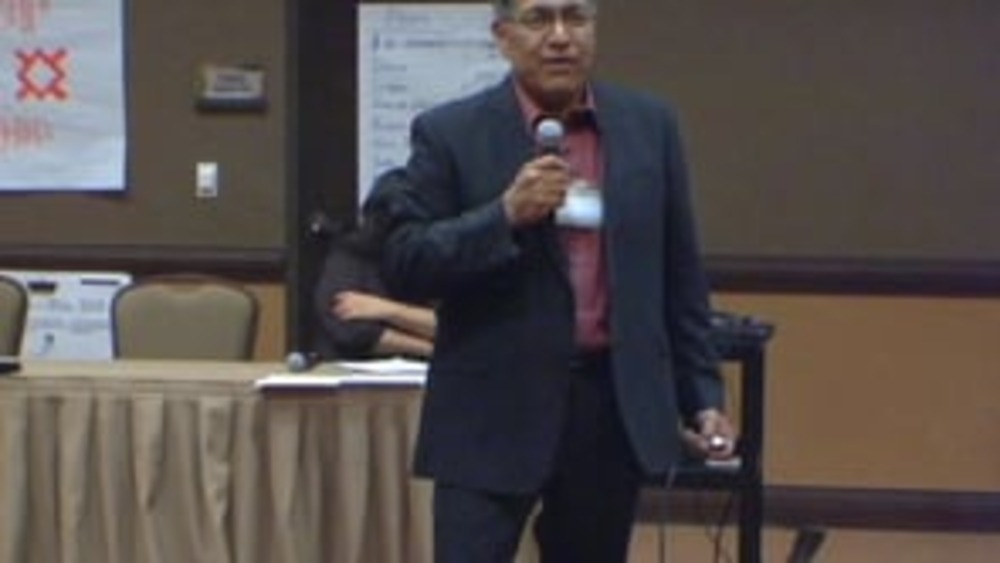
Jerry Smith: Building and Sustaining Nation-Owned Enterprises (2009)
Laguna Development Corporation President and CEO Jerry Smith shares the lessons he has learned about building and sustaining Native nation-owned enterprises, in particular the critical step of creating a formal separation between tribal politics and the day-to-day management of those enterprises.
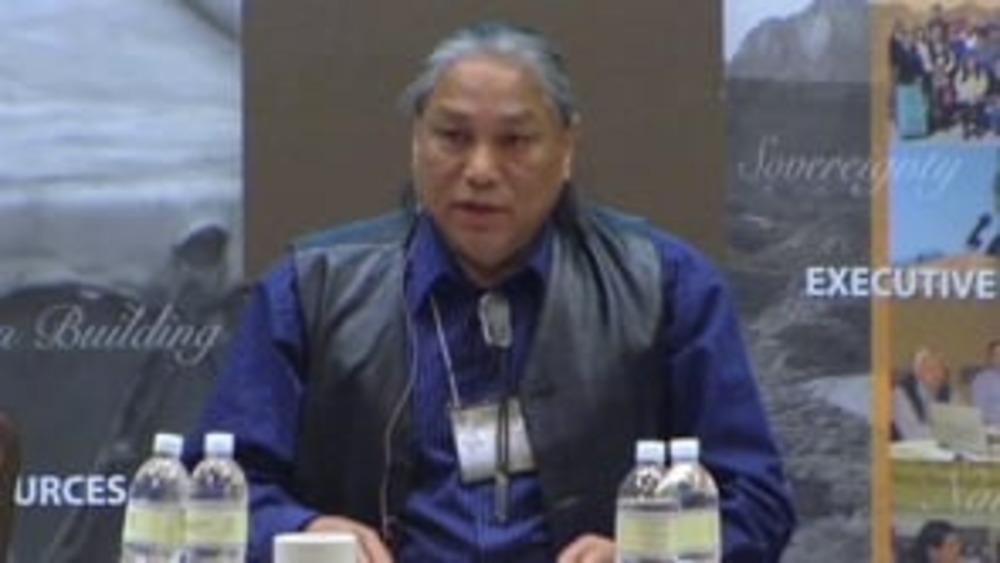
Denny Hurtado: Addressing Tough Governance Issues
Former Skokomish Tribal Nation Chairman Denny Hurtado discusses how he, his fellow leaders and his nation exercised its sovereignty in order to navigate past some tough governance challenges to fund their government, restore their land base, and protect their natural resources.
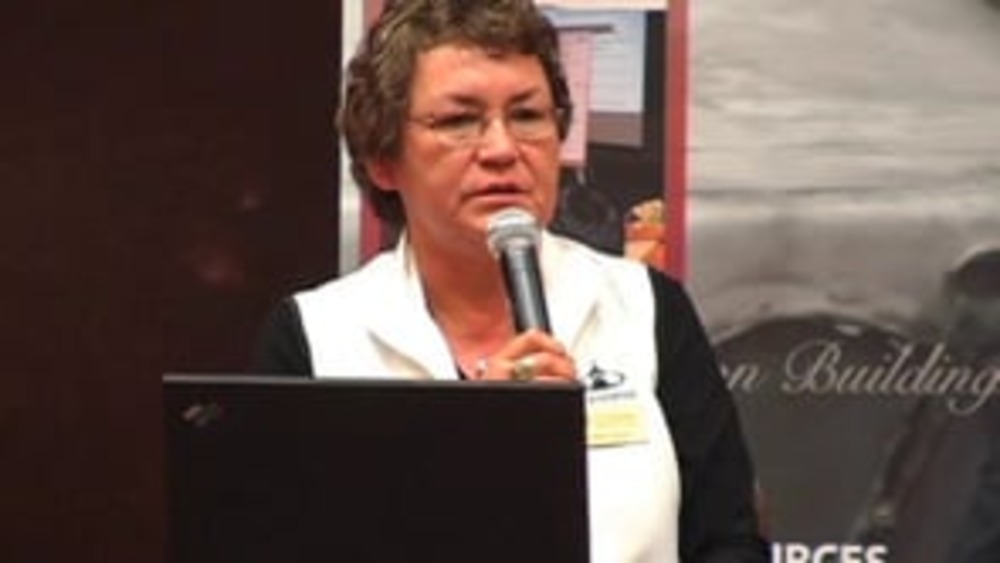
Patricia Ninham-Hoeft, Anthony Pico and Sophie Pierre: What I Wish I Knew Before I Took Office (Q&A)
Patricia Ninham-Hoeft, Sophie Pierre, and Anthony Pico address questions about how to create and maintain a foundation for effective, sustainable leadership within Native nations.
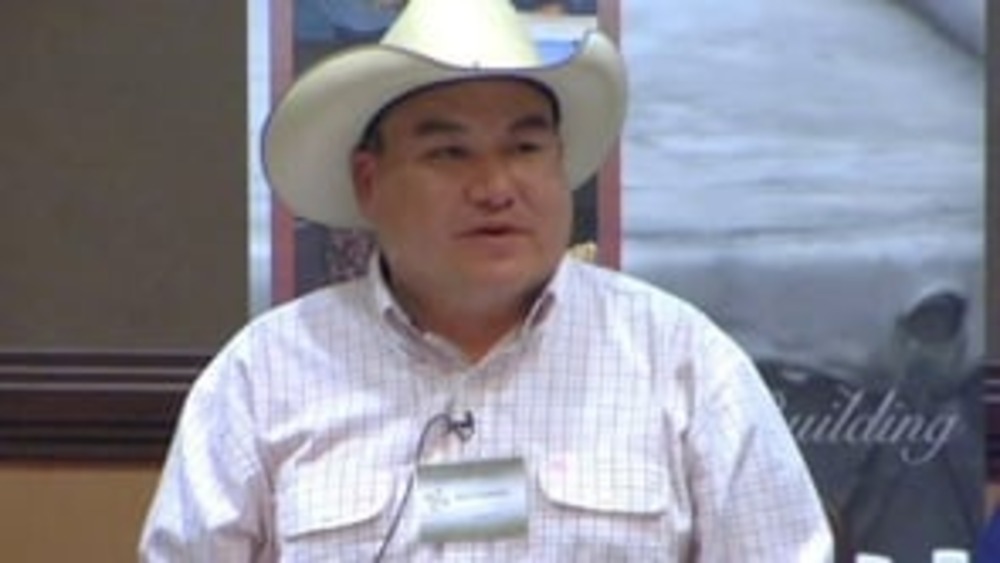
Jason Goodstriker: Addressing Tough Governance Issues
Former Blood Tribe Councilor Jason Goodstriker discusses how his nation went to great lengths to instill financial transparency and accountability to its governance system.
